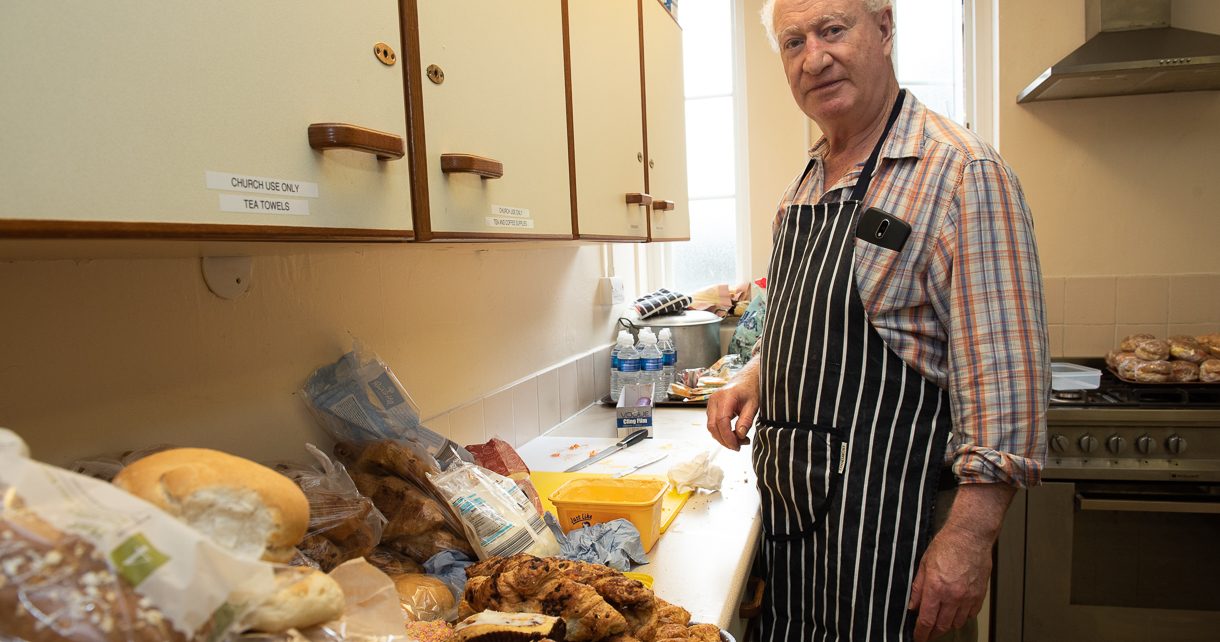The moment that changed Ireland
The right to water is a basic human right, and the last thing any Irish person would have expected after trying to recover from a terrible recession is to have their rights taken away from them.
On October 11, 100,000 people flooded the streets of Dublin in protest and three weeks later up to 200,000 people came out all across the country, starting the biggest protests in over 30 years.
Now 100,000 citizens have refused to go to work and rallied together in the centre of Dublin. Despite all this, the Irish are far from finished, they have planned another protest for January 31 and are asking everyone to come out in support.
At 1 p.m. yesterday, (December 10) an estimated 100,000 people united together in Merrion Square, Dublin, for a peaceful five hour protest.
Richard Guiney, chief executive of Dublin Town stated that €4-5 million has been lost in trade. He also estimated that trade had fallen 25 per cent on Henry Street and 35 per cent on O’Connell Street.
The size of the crowd is said to have sent a clear message to the government saying that the charges must be abolished.
People who weren’t particularly engaged with politics before are now being very political about their right to water. The Irish aren’t well known for standing up and protesting so for 100,000 people to protest about one thing just shows how outraged they are about having one of basic human rights being taken away from them.
Independent TD Clare Daly spoke to the audience stating, “This is indeed what democracy looks like. We are living in a moment that changed Ireland. Irish Water is already dead. We are here to bury it.”
The final straw for the Irish people was when the government decided to bring in water meters that would cost €850 million instead of fixing the problem of 41 per cent of the water generated going straight into the ground. Buying water metres would result in the Irish paying extra taxes for approximately eight years.
The result of these protests is immense, and yet the Government, instead of appearing great, appears terrified. They have desperately tried to plea with “reasonable people” to accept their modified water charges.
There have been comments saying that the Irish are complaining too much because of their famous 12.5 per cent tax on multinational corporations, however, the MNC’s only actually pay 2-4 per cent tax. In 2014 Google paid €27 million corporation tax from €17 billion revenue and Apple confirmed a 2 per cent tax rate for two Irish subsidiaries.
Speaking at a protest in Waterford recently, Unite regional secretary Jimmy Kelly put the feelings of the crowd in a nutshell, when he said that many households simply could not afford the extra water charges. He added that the economy also couldn’t afford a measure which would take even more money out of the Irish people’s pockets and the cash registers of local businesses.
Unite activist Carol O’Brien attended a local protest in Donnycarney, and says it was the first time she had ever observed her local community merge together with such unity and strength.
“The diversity of the crowd highlighted the anger and vulnerability felt by local residents, as well as the lack of trust in the country’s leaders,” she said.
“But something new is happening.  People walking away from the protest had a sense of optimism instead of the defeatism that can usually be felt at the end of a protest.”
Although the water charges have been detrimental to Ireland there is one positive that has arisen from this occasion. The Irish people have regained their voice. The working class people above all are realising their power, they will not stand down again.
The Irish have finally put into action the great quote that lies underneath the statue of Jim Larkin on O’Connell Street, “The great appear great because we are on our knees: Let us rise.”
This, to the government, is the most frightening thing of all.
•   Seán Hammond is a secondary school student from Limerick.
Unite’s Brendan Ogle discusses the water charges with Russell Brand
 Like
Like Follow
Follow


